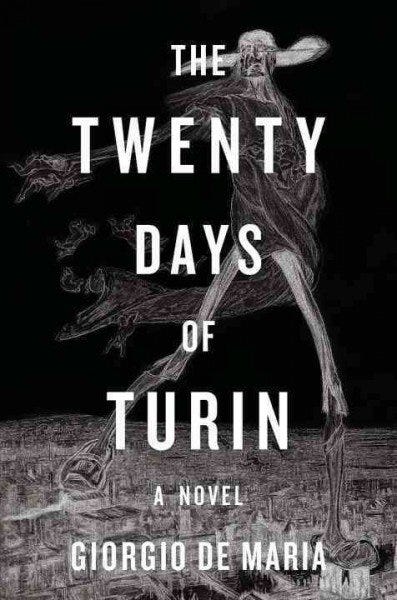How Warped Reality Threatens Democracy
One of the more interesting books anticipating our current predicament is a cult novel written in 1977 by an Italian author, Giorgio De Maria. The Twenty Days of Turin tells the fantastical story of a young investigator trying to understand what happened in the city a decade earlier when a series of grisly deaths occur after an unexplained episode of collective psychosis. American democracy entered its own Twenty Days of Turin period last week when mobs of violent, far-right agitators attacked the U.S. Capitol seeking to overturn a free and fair election based on weeks of lies and conspiracies, stoked by Donald Trump and aided and abetted by conservative press and social media.
In the book, the young sleuth discovers the probable source of the psychosis in a place called the Library, a pre-technology Internet-like arrangement set up in a church sanitarium where people could deposit their most private thoughts and desires—mostly sad and petty or angst-ridden and degraded—and others could read them.
Everything could be deposited into the Library…There were manuscripts whose first hundred pages didn’t reveal any oddity, which then crumbled little by little into the depths of bottomless madness; or works that seemed normal at the beginning and end, but were pitted with fearful abysses further inward. Others, meanwhile, were conceived in a spirit of pure malice: pages and pages just to indicate, to a poor elderly woman without children or a husband, that her skin was the color of a lemon and her spine was warping – things she already knew well enough. The range was infinite: it had the variety and at the same time the wretchedness of things that can’t find harmony with Creation, but still exist, and need someone to observe them, if only to recognize that it was another like himself who’d created them.
The Library became the home for the city’s loneliest and most isolated people seeking to make some connections without any genuine human contact or real empathy. And not unlike the social media induced madness of our current politics, collective mental breakdown soon emerges from this arrangement with people wandering the streets at night in a catatonic state and strange terror descending on the city breaking people in inexplicable ways.
Although De Maria’s allegory was written as a response to a range of terrorist acts in Italy in the 1960s and 1970s, it rests on keen if alarming insights about human nature and what can happen to societies when people get whipped into psychosis in the warped reality of places like the Library.
Unfortunately, it applies all too well to our current situation in the United States. The widespread dissemination of conspiracies, misinformation, and disinformation has been building for years and now openly threatens our ability to govern ourselves. Lacking interpersonal trust and believing too much of the nonsense deposited in our own Library on social media, Americans themselves—fueled by media and tech companies making billions off of the dissemination of bad information and emotional excesses—risk irreparably breaking their own country into competing factions of militant mobs tearing at each other based on warped realities.
As we take steps to protect the institutions of democracy, we must also now take steps as citizens to educate ourselves better, separate fact from fiction, and take a deep breath before making monumentally stupid errors based on lies, hyperbole, and false information. Americans need to stay out of the Library for the good of the country.



